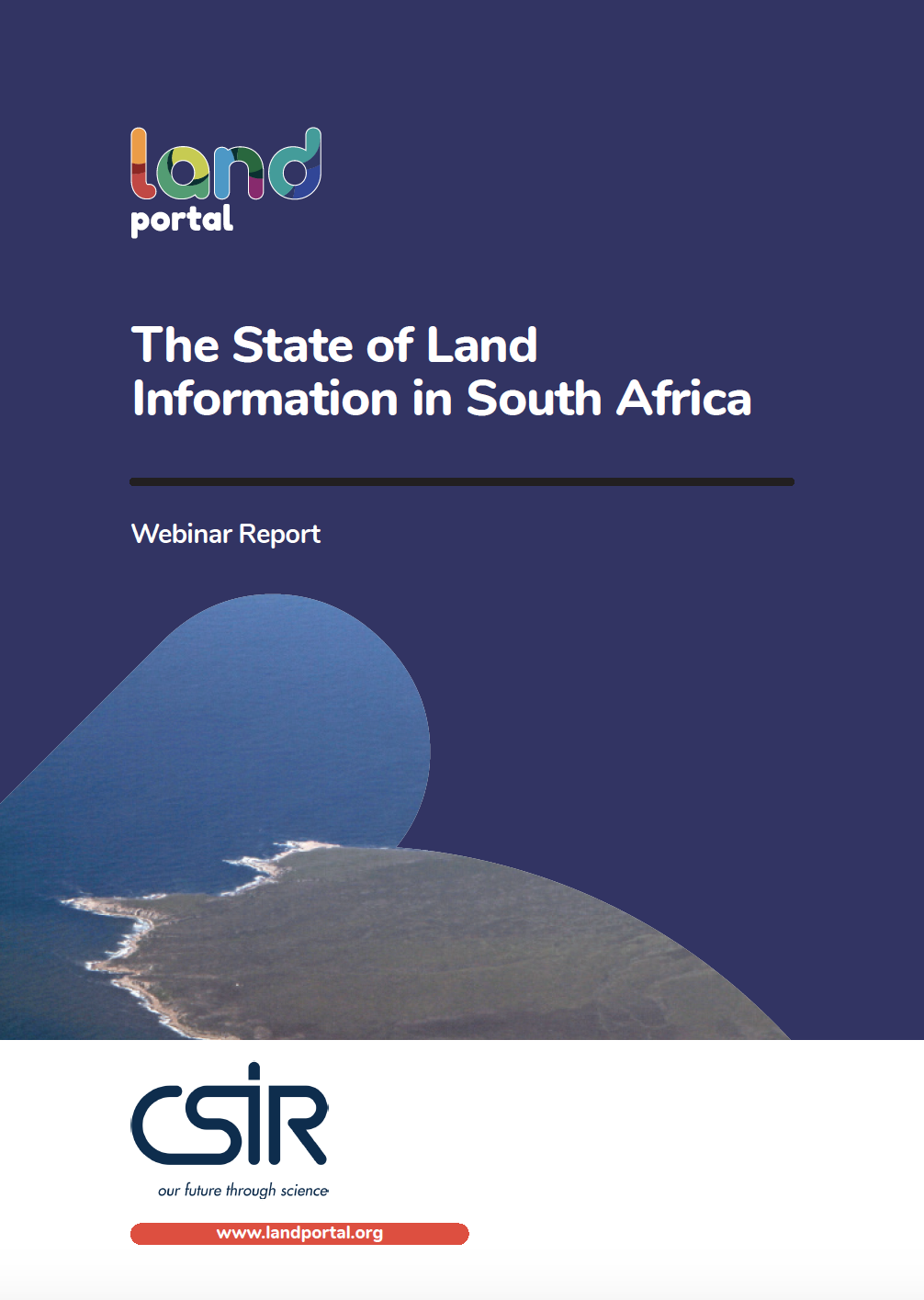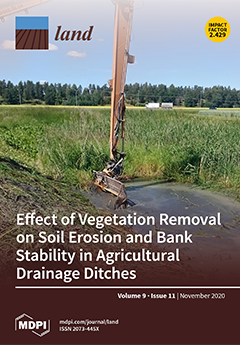Resilience and Circularity: Revisiting the Role of Urban Village in Rural-Urban Migration in Beijing, China
Recent policies in China have encouraged rural-urban circular migration and an “amphibious” and flexible status of settlement, reacting against the recent risks of economic fluctuation in cities. Rural land, as a form of insurance and welfare, can handle random hazards, and the new Land Management Law guarantees that rural migrants who settle in the city can maintain their rights to farmland, homesteads, and a collective income distribution.







